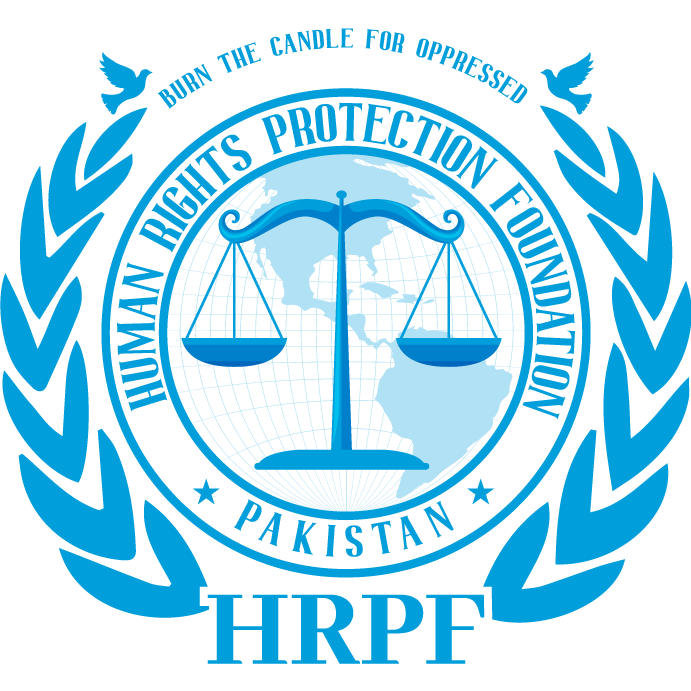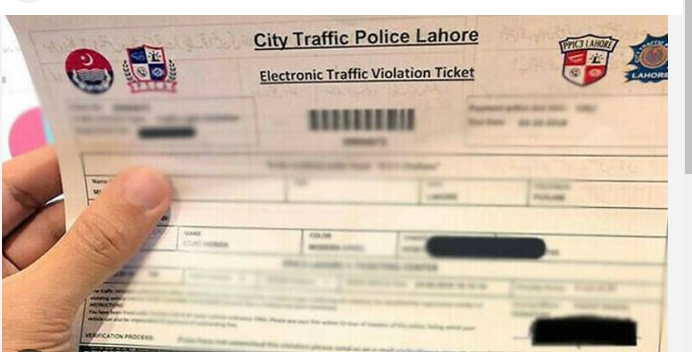The Human Rights Protection Foundation (HRPF) is committed to promoting human rights and ensuring transparency within the country’s institutions. Recently, the HRPF has expressed concerns over the manner in which investigative officers in Punjab have been preparing challans (charge sheets), raising questions about the fairness and integrity of the process
The recent order by the Lahore High Court directing the immediate issuance of pending challans across Punjab aims to address a significant backlog. However, the manner in which this directive is being implemented, particularly the outsourcing of challan preparation to private writers, raises serious concerns about the fairness and integrity of the justice system
Detailed Concerns and Implications
Outsourcing of Challan Preparation
A key issue is the involvement of private writers in the preparation of challans, which creates several problems:• Lack of Accountability: Private writers, unlike investigating officers, are not directly accountable to the legal system or courts
• Insufficient Case Knowledge: Private writers lack case-specific knowledge, which makes it difficult for them to ensure that the challan accurately reflects the evidence and legal findings
• Risk of Errors: If private writers, who may lack legal expertise, prepare these documents hastily, there is a high likelihood of mistakes, such as incorrect facts, omissions of key details, or misinterpretation of evidence
Compromise on Investigation Quality
The rush to clear the backlog of challans may undermine the investigation process in several ways:• Inadequate Time for Thorough Investigations: Investigating officers may not have enough time to conduct comprehensive investigations if they are pressured to submit challans quickly
• Incomplete Evidence Collection: In a rushed process, evidence may be poorly documented or even overlooked, weakening the prosecution’s case
• Lack of Due Diligence: When officers prioritize speed over thoroughness, it becomes easier for errors and oversights to creep into the process
Violation of Legal and Procedural Standards
The hurried preparation of challans raises concerns about adherence to legal and procedural standards:• Breach of the Criminal Procedure Code (CrPC): The CrPC mandates that investigating officers submit a challan only after a thorough investigation
• Compromise on the Right to a Fair Trial: Rushed or incomplete challans can jeopardize the fairness of the trial, undermining the accused’s right to a defense
• Increased Burden on the Courts: The submission of hastily prepared or flawed documents may actually increase the burden on the judiciary
Erosion of Justice and Merit
The core principles of justice are threatened by the current practice of rushing challan preparation:• Undermining the Merit of Cases: Hastily prepared challans, lacking thorough investigation, diminish the merit of cases
• Compromised Justice: When challans are prepared in haste or without proper attention to detail, it increases the risk of both wrongful convictions and unjust acquittals
• Public Trust in the Justice System: If the public perceives that the justice process is being compromised, trust in the judiciary will erode
Need for Judicial Oversight and Systemic Reforms
To mitigate the risks posed by the current approach, there must be stronger oversight and reforms:• Judicial Monitoring of Challan Preparation: The Lahore High Court should consider establishing a mechanism for monitoring challan preparation
• Reforms in Investigation and Prosecution Processes: Long-term reforms are needed to improve the investigation and prosecution process in Punjab
• Capacity Building for Investigating Officers: The government should invest in capacity-building initiatives to enable officers to fulfill their duties without compromising the quality of their work
Conclusion
The Lahore High Court’s order to address the backlog of pending challans is an important step toward improving the efficiency of the criminal justice system. However, the current practice raises significant concerns about the quality and fairness of justice. To protect the integrity of the legal system, it is essential that the relevant authorities take immediate steps to address these issues, ensuring that due process is followed and that justice is not compromised in the rush to clear the backlog


